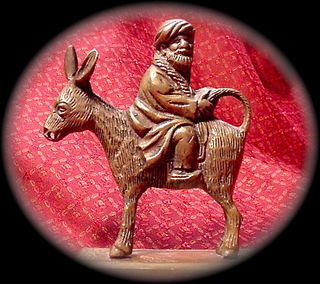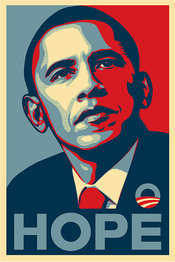Over the past couple of decades, I've ended up on the losing side of philosophical and pedagogical run-ins with scholars, academics, and students who are trying to learn scholarly, academic ways. I inevitably manage to lift my spirits by reading and re-reading this essay by Idries Shah.

Idries Shah writes about Sufis, who are to Islam roughly what Zen practitioners are to Buddhism: out and out fools and borderline apostates. Sufis and Zen masters teach with comedy, fun, slapstick, irreverence, and paradox—all of which have for aeons been anathema to the world of serious scholarship and academia.
The Story of Ajmal Hussein and The Scholars
Sufi Ajmal Hussein was constantly being criticized by scholars, who feared that his repute might outshine their own. They spared no efforts to cast doubts upon his knowledge, to accuse him of taking refuge from their criticisms in mysticism, and even to imply that he had been guilty of discreditable practices. At length he said:
‘If I answer my critics, they make it the opportunity to bring fresh accusation against me, which people believe such things. If I do not answer them they crow and preen themselves, and people believe that they are real scholars. They imagine that we Sufis oppose scholarship. We do not. But our very existence is a threat to the pretended scholarship of tiny noisy ones. Scholarship long since disappeared. What we have to face now is sham scholarship.’
The scholars shrilled more loudly than ever. At last Ajmal said:
‘Argument is not as effective as demonstration. I shall give you an insight into what these people are like.’
He invited ‘question papers’ from the scholars, to allow them to test his knowledge and ideas. Fifty different professors and academicians sent questionnaires to him. Ajmal answered them all differently. When the scholars met to discuss these papers, at a conference, there were so many versions of what he believed, that each one thought that he had exposed Ajmal, and refused to give up his thesis in favor of any other. The result was the celebrated ‘brawling of the scholars.’ For five days they attacked each other bitterly.
‘This,’ said Ajmal, ‘is a demonstration. What matters to each one most is his own opinion and his own interpretation. They care nothing for truth. This is what they do with everyone’s teachings. When he is alive, they torment him. When he dies they become experts on his works. The real motive of the activity, however, is to vie with one another and to oppose anyone outside their own ranks. Do you want to become one of them? Make a choice soon.'
Idries Shah










